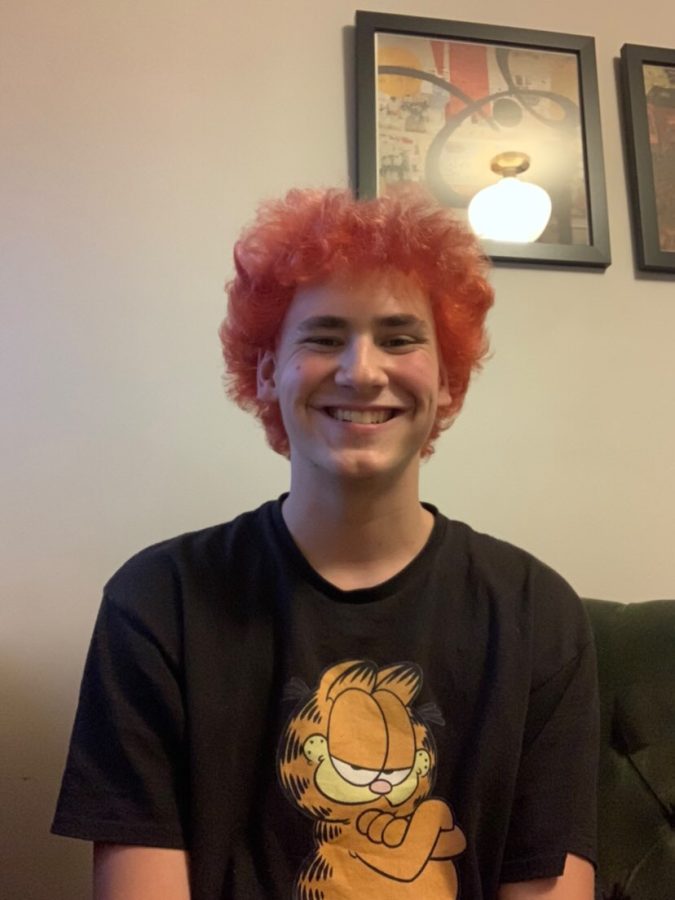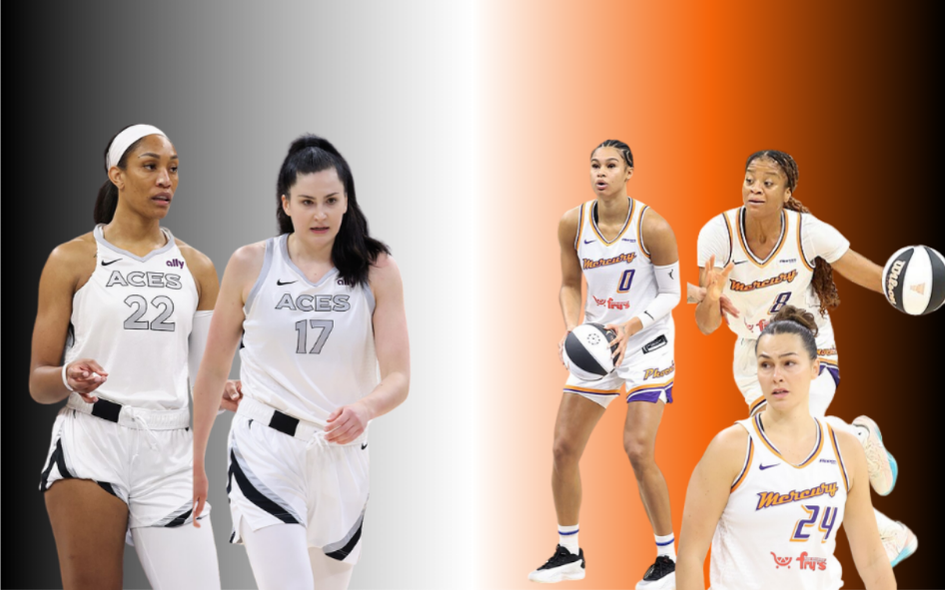Students push for more resources directed to the neurodivergent population
Oscar Felt is a junior with ADHD, dysgraphia, dyslexia and dyscalculia
October 25, 2022
The Neurodivergence Club started in early 2022 and is providing tools for neurodivergent students to make Lincoln more accessible. They hold meetings every Wednesday during lunch in room 235.
Neurodivergence is used to describe any person with a disorder or combination of disorders (including Autism Spectrum Disorder, Attention Deficit Hyperactivity Disorder and Obsessive Compulsive Disorder) that impacts the way their brain processes and interprets its surroundings. The term encompasses populations with various distinct needs and triggers. Although people who are neurodivergent can be accomplished and successful, many tend to struggle in school. In 2019, the U.S census reported that 21.1% percent of people with cognitive disabilities did not attain a high school diploma as opposed to just 10% from the general population.
Alex Autcher, co-founder of the club, has been working on making the space where the club meets as neurodivergent friendly as possible.
“We’re trying to have a little bit more structure and attempt to build a community rather than people just doing it themselves in separate groups,” Autcher said. “So that’s kind of been a challenge this year trying to be aware of everyone’s sensory needs, and in general making sure no one’s feeling scared to come to meetings.”
The way a specific disorder manifests in a person can vary. Some behaviors can be outwardly expressed while others are kept inside.
“Everyone thinks you’re just hyper or you have trouble focusing, but it’s so much more than that,” said junior Oscar Felt, a student with ADHD.
Felt stresses how large class sizes make focusing difficult.
“Even just working for an extended amount of time, there’s so many distractions,” said Felt. “In any class there’s 20 people. That’s 20 separate distractions I find myself hyperfocusing on.”
Felt urges others with similar issues to advocate for themselves to teachers and staff.
“You’re in a system where you’re not built to succeed,” they said. “Just use the tools that are available. Don’t be ashamed to use those tools because you have a disadvantage. It’s not a crutch.”
The Neurodivergence Club has been working on communicating to members what those tools are. For example, the club has been pushing for structural change in the school. They negotiated with administration to provide quiet spaces during school wide assemblies.
Autcher emphasized the importance of quiet spaces like this.
“[We’re] trying to create spaces away from that. There’s not a lot of thought about people with sensory needs and the environment can feel hostile,” Autcher said. “I think that people don’t really realize how things build up, like it’s not always difficult, but just the way each thing adds on can make a day really miserable.”
Club meets weekly during lunch in room 235
Club website: https://sites.google.com/view/cool-funky-brains/
Resources to learn more about disorders:
ASD:https://www.autismspeaks.org/what-autism
Borderline personality disorder (BPD):https://www.nimh.nih.gov/health/topics/borderline-personality-disorder
ADHD:https://www.nimh.nih.gov/health/topics/attention-deficit-hyperactivity-disorder-adhd



